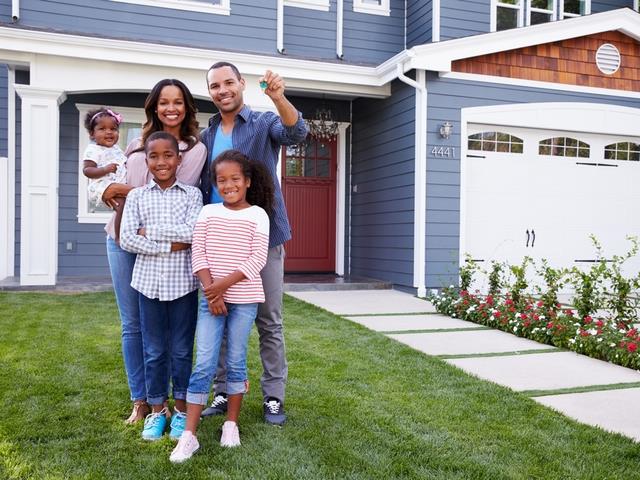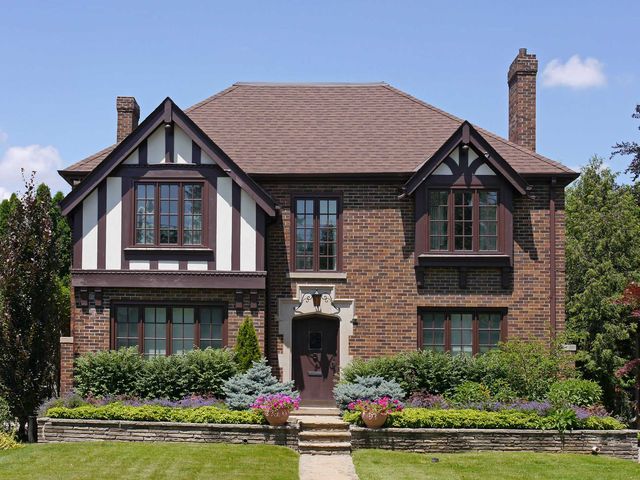
Buying a house is a significant milestone in many people’s lives, often representing a long-term investment and a place to call home. However, the process can be complex and fraught with potential pitfalls. To ensure that your home-buying journey is smooth and successful, it’s essential to avoid common mistakes that can lead to financial strain, buyer’s remorse, or long-term issues. Here are the top mistakes to avoid when buying a house:
1. Not Getting Pre-Approved for a Mortgage
Before you start shopping for a house, it’s crucial to get pre-approved for a mortgage. Pre-approval gives you a clear idea of how much you can afford, helps narrow your search, and shows sellers that you are a serious buyer. Without pre-approval, you might fall in love with a house that’s out of your budget, wasting time and effort. Additionally, sellers are more likely to consider offers from pre-approved buyers, giving you a competitive edge in a tight market.
2. Skipping the Home Inspection
A home inspection is a vital step in the home-buying process. It provides an opportunity to identify any underlying issues with the property that might not be visible during a casual viewing. Skipping this step to save money can lead to costly repairs down the line. Always hire a professional inspector who can assess the structural integrity, electrical systems, plumbing, and other critical aspects of the home.
3. Ignoring the Neighborhood
The house itself is important, but the neighborhood is equally crucial. Before making an offer, spend time exploring the area at different times of the day and week. Check the crime rates, quality of local schools, availability of amenities, and the overall vibe of the community. A perfect house in a problematic neighborhood can significantly affect your quality of life and future resale value.
4. Overextending Financially
It’s easy to get carried away when buying a house, especially if you find one that ticks all your boxes. However, overextending financially can lead to severe stress and potential financial ruin. Make sure your monthly mortgage payments, along with other related expenses like property taxes, insurance, and maintenance, fit comfortably within your budget. Ideally, these costs should not exceed 30% of your monthly income.
5. Not Considering Future Needs
Your current needs are important, but it’s equally important to consider your future needs when buying a house. Are you planning to start a family? Do you anticipate needing a home office or extra space for hobbies? Think about how your needs might change in the next 5-10 years and choose a home that can accommodate those changes to avoid the hassle and expense of moving again too soon.
6. Neglecting to Factor in Hidden Costs
The purchase price of a house is just the beginning. Many buyers overlook the hidden costs associated with buying and owning a home. These can include closing costs, property taxes, homeowners insurance, maintenance and repairs, utilities, and potential homeowner association (HOA) fees. Make sure to factor in these expenses when budgeting for your new home to avoid unpleasant financial surprises.
7. Making Emotional Decisions
Buying a house is often an emotional process, but it’s essential to keep your emotions in check. Making decisions based on emotions rather than logic can lead to overpaying for a property or overlooking critical flaws. Stay objective, stick to your budget, and be willing to walk away if the house doesn’t meet your needs or is priced too high.

8. Foregoing Professional Help
While it might be tempting to save money by handling the home-buying process yourself, enlisting professional help can save you time, stress, and money in the long run. Real estate agents, mortgage brokers, attorneys, and inspectors have the expertise to guide you through the process, negotiate on your behalf, and ensure that all legal and financial aspects are handled correctly. Feel free to visit RethinkingTheFuture to find more tips and ideas about mistakes to avoid when buying a house.
9. Underestimating the Importance of Location
The adage “location, location, location” holds true for a reason. The location of your home will impact its value, your quality of life, and potential resale value. Consider factors such as proximity to work, public transportation, schools, shopping centers, and recreational facilities. A less desirable location might offer more house for your money, but it could also come with trade-offs that affect your long-term satisfaction.
10. Failing to Review the Homeowners Association Rules
If you’re considering a property within a community governed by a homeowners association (HOA), it’s vital to review the HOA rules and regulations thoroughly. HOAs can have stringent rules about property appearance, maintenance, and even the types of vehicles you can park. Understanding these rules beforehand can prevent future conflicts and ensure that the community is a good fit for your lifestyle.
11. Rushing the Process
Buying a house is a significant commitment, and rushing the process can lead to regrettable decisions. Take your time to research, view multiple properties, and consider all factors before making a decision. Patience can help you find the right house at the right price, ensuring long-term satisfaction with your purchase.
12. Not Researching the Real Estate Market
Understanding the local real estate market is crucial when buying a house. Research market trends, average home prices, and the economic outlook of the area. This knowledge can help you make an informed decision, negotiate better, and avoid overpaying in a seller’s market or missing out on a good deal in a buyer’s market.
13. Disregarding Resale Value
While it might seem premature to think about selling a home you haven’t even bought yet, considering the resale value is essential. Look for features that appeal to a broad range of buyers, such as a good layout, updated kitchen and bathrooms, and ample storage space. A home with good resale potential can be a better investment and make it easier to sell if your circumstances change.
14. Ignoring the Importance of a Solid Offer
In competitive markets, a strong offer can make the difference between securing your dream home and losing out to another buyer. Work with your real estate agent to craft a compelling offer that considers the seller’s priorities, whether it’s a higher price, flexible closing date, or fewer contingencies. A well-structured offer shows that you’re serious and can make you stand out in a crowded market.
Conclusion
Buying a house is a complex process that requires careful planning, research, and consideration. By avoiding these common mistakes, you can navigate the home-buying journey more smoothly and make a decision that brings you long-term happiness and financial stability. Remember to stay objective, seek professional advice, and consider both your current and future needs. With the right approach, you can find a home that not only meets your needs but also serves as a solid investment for years to come.



